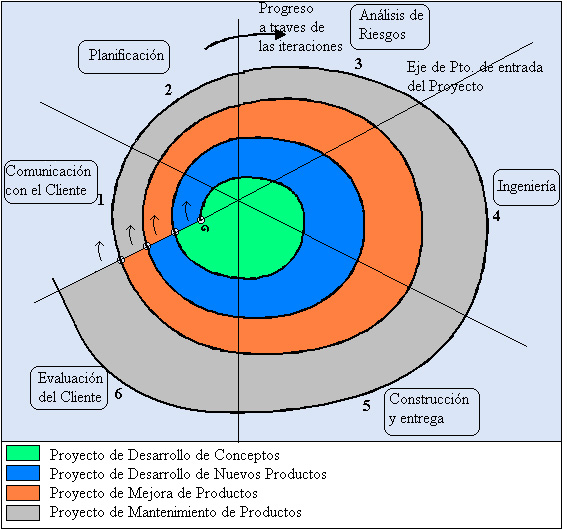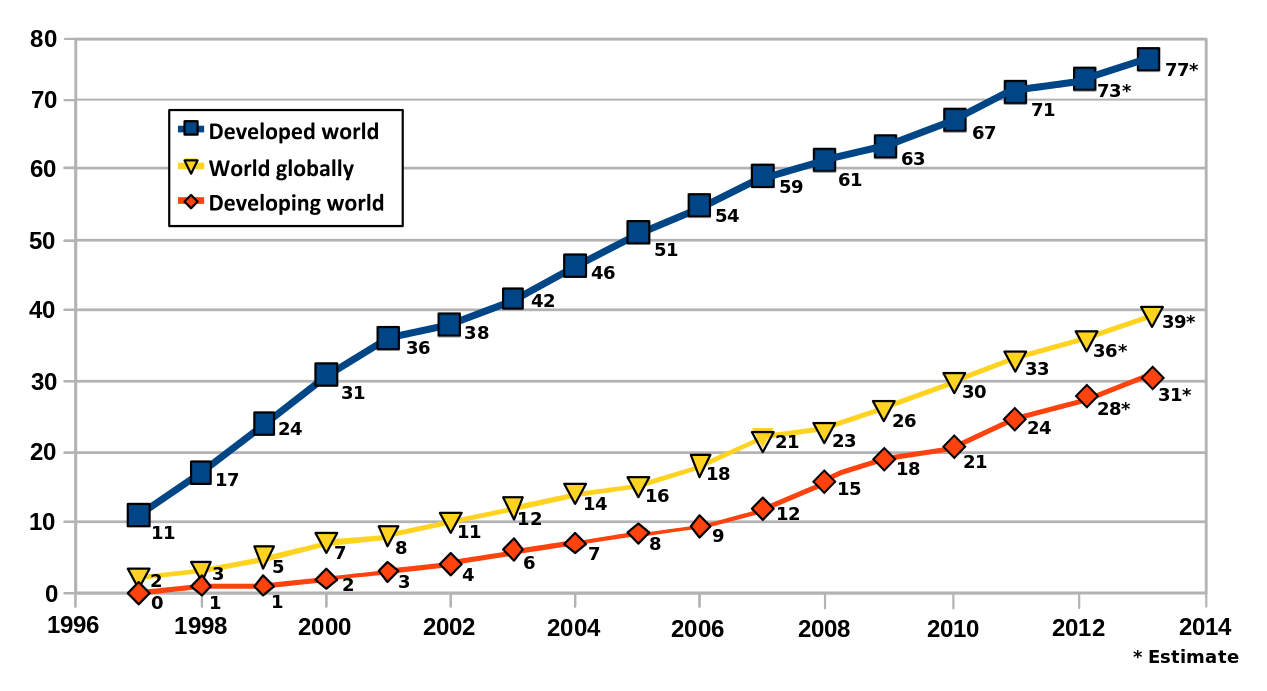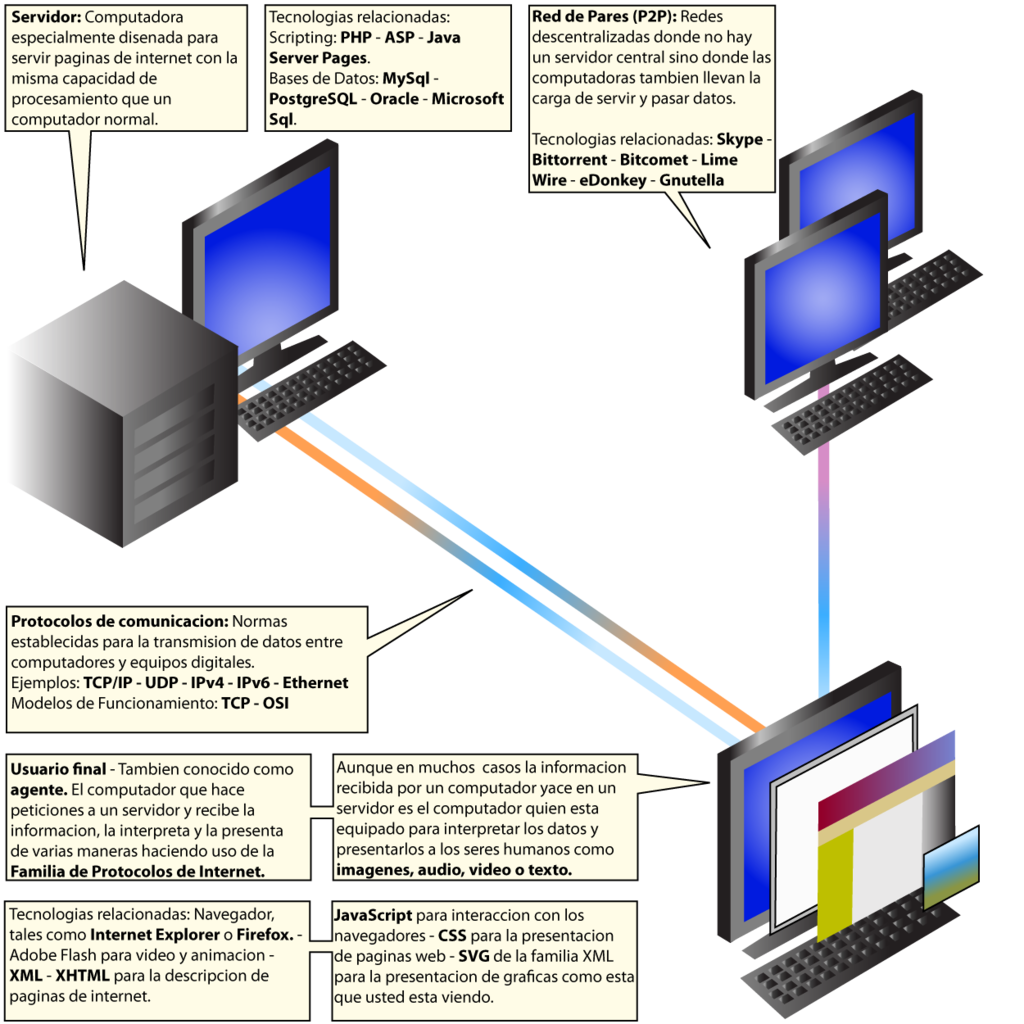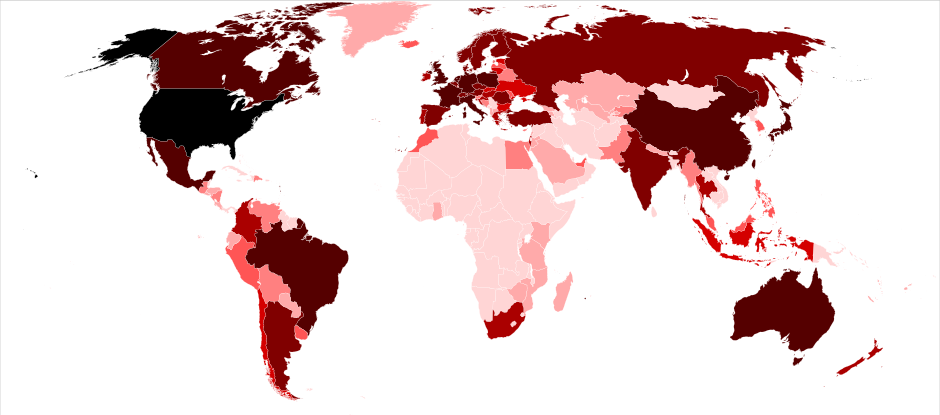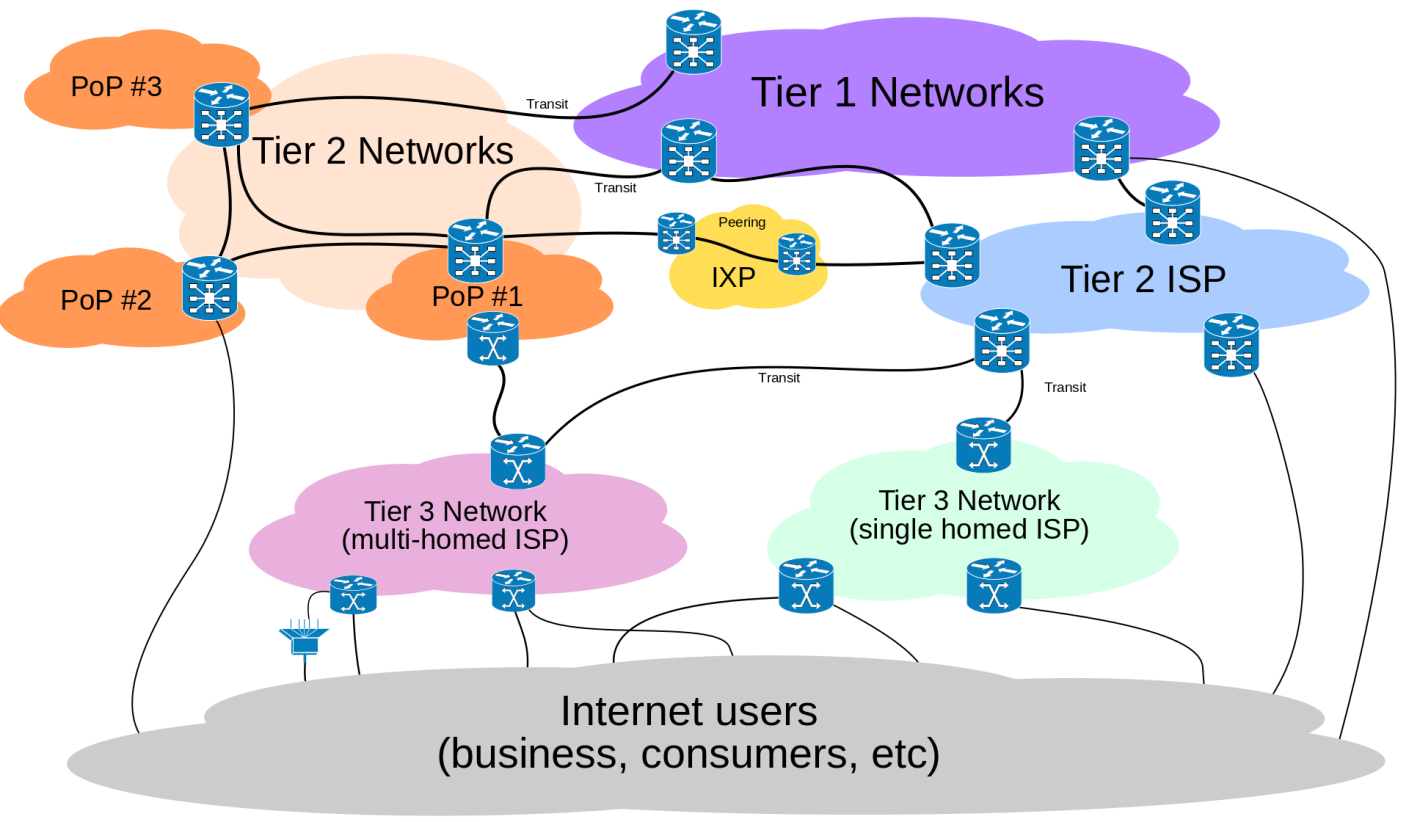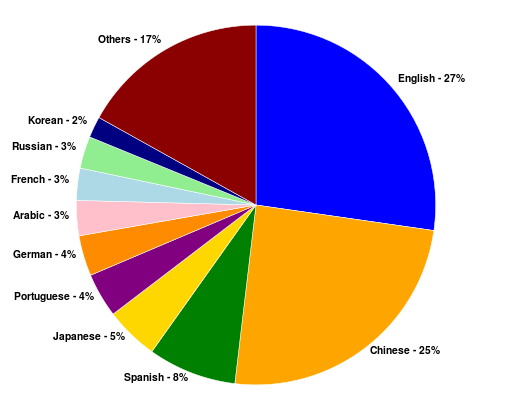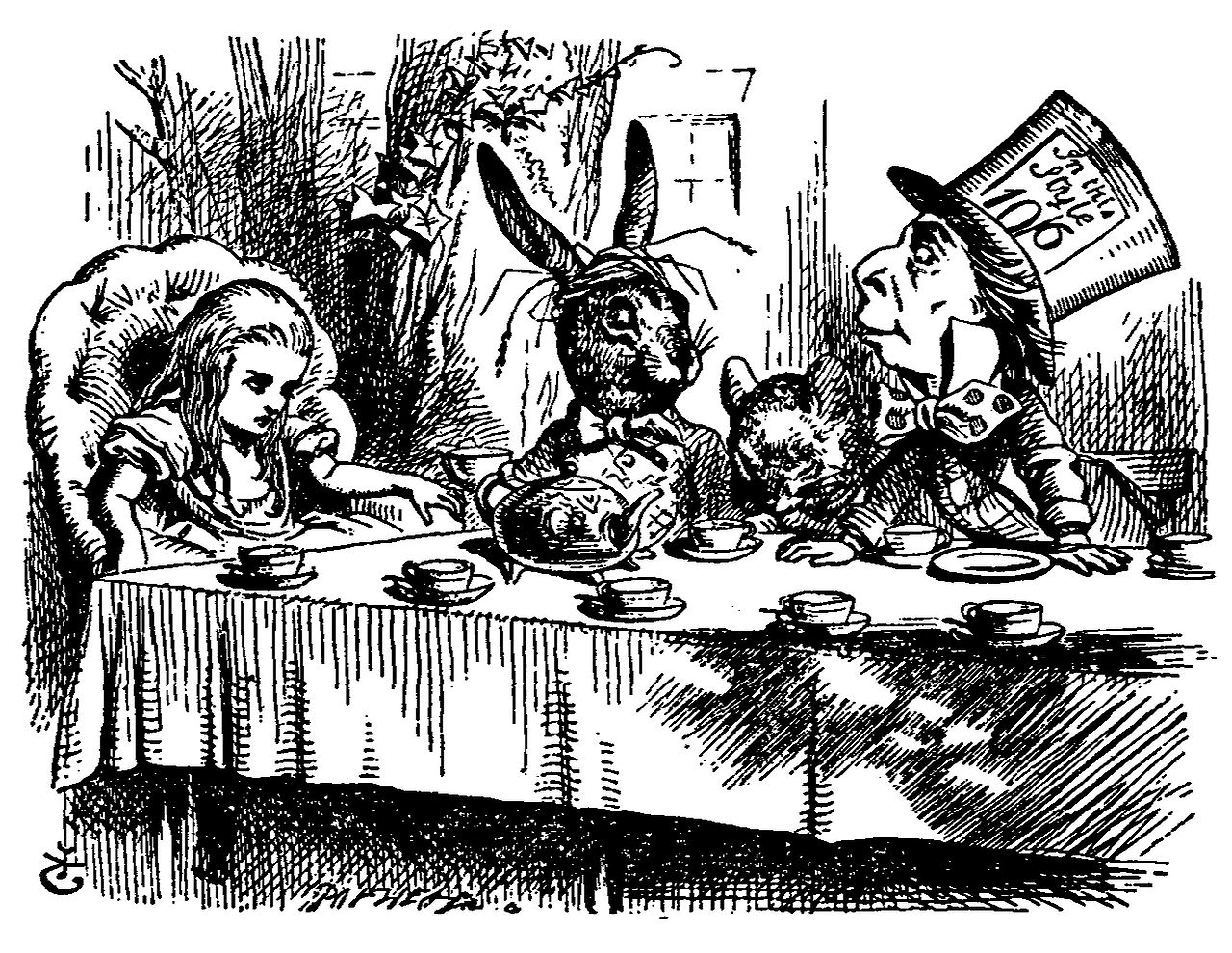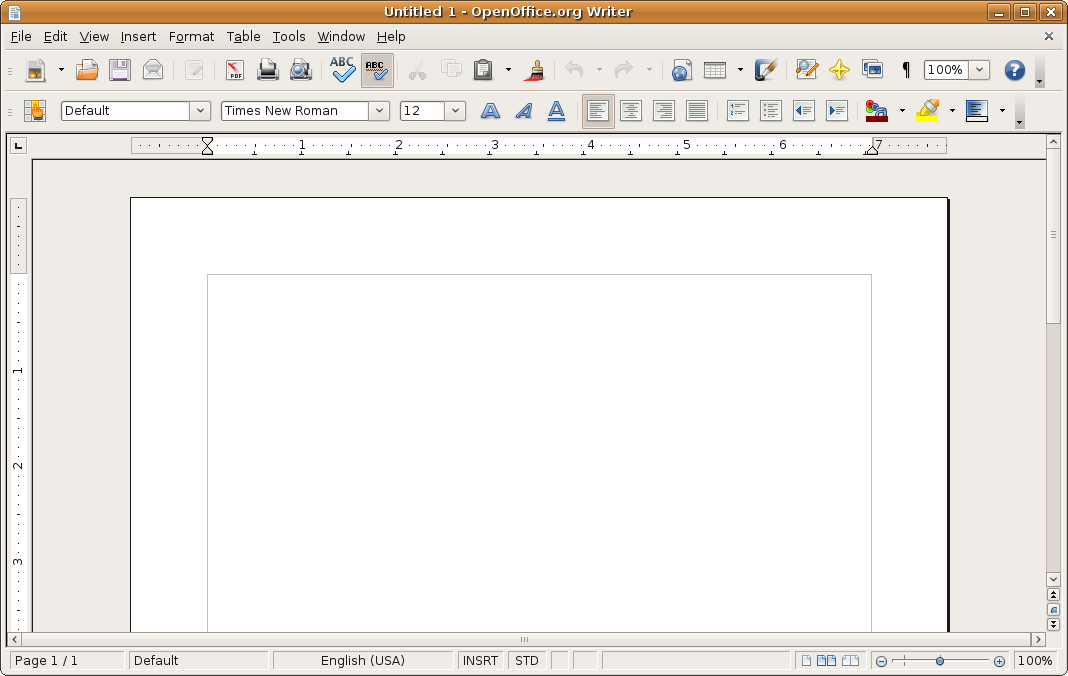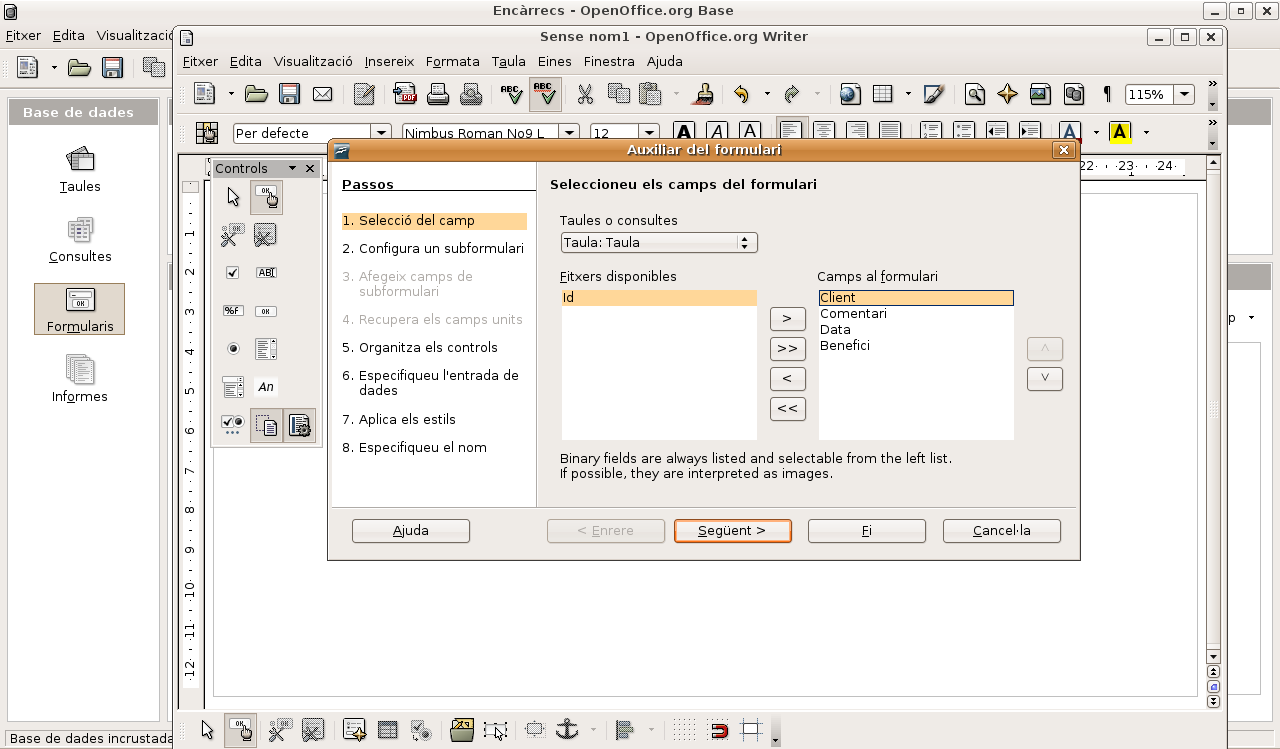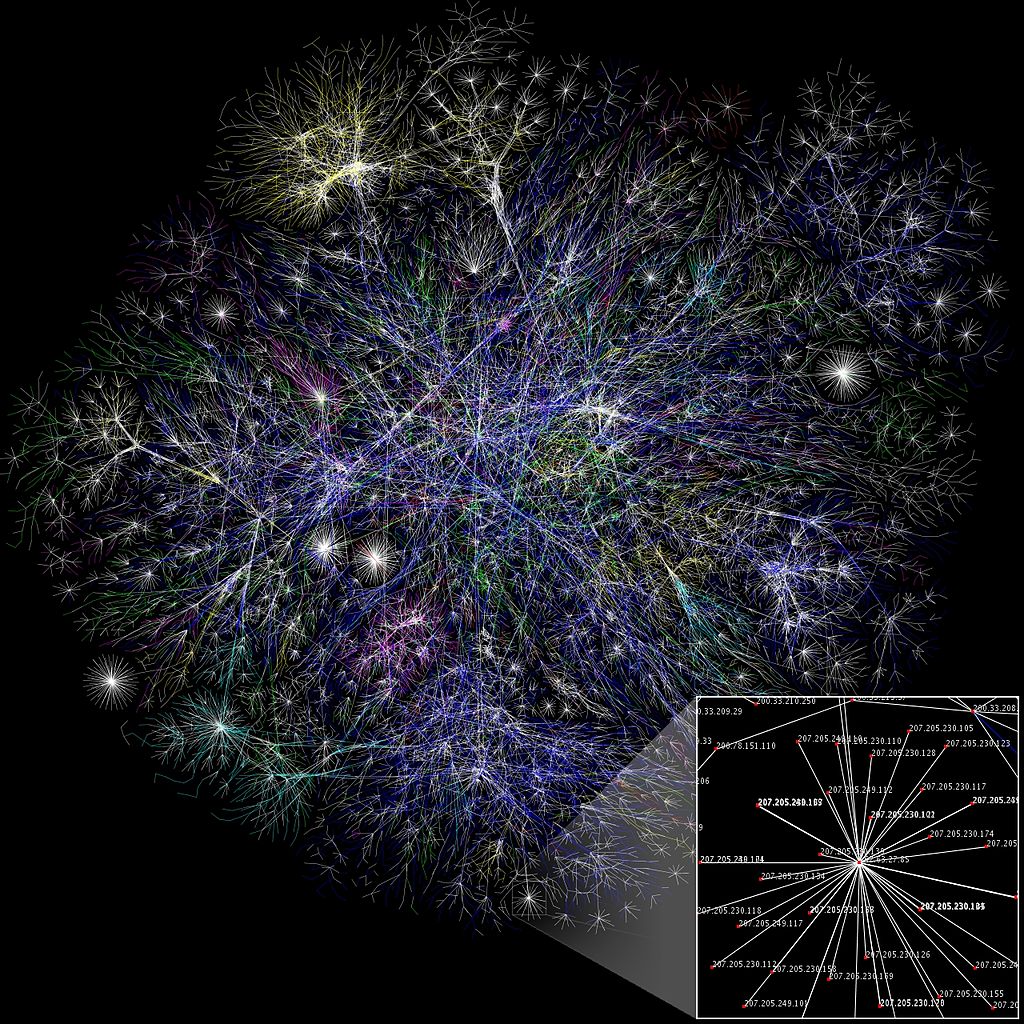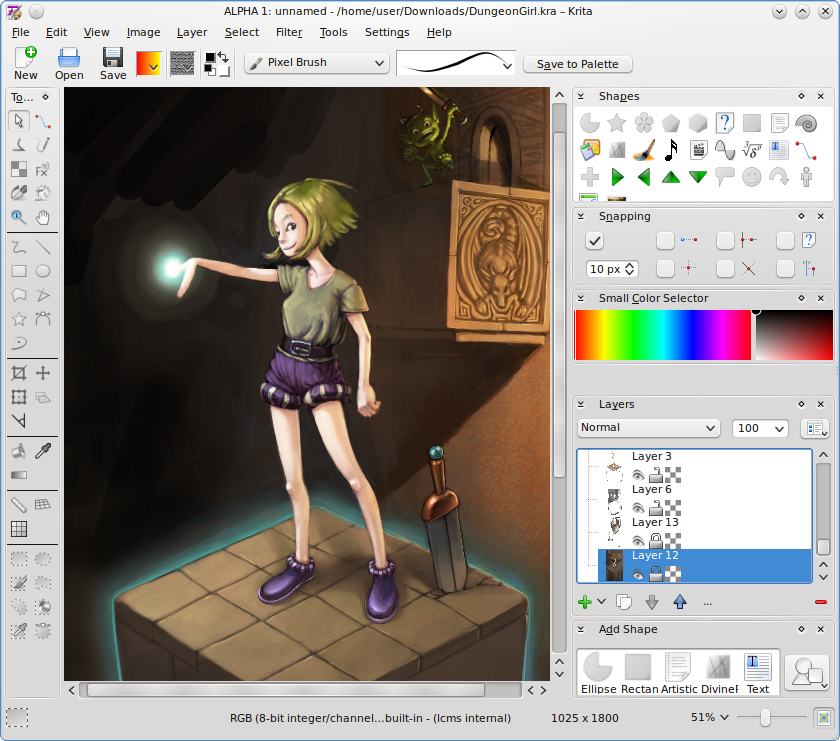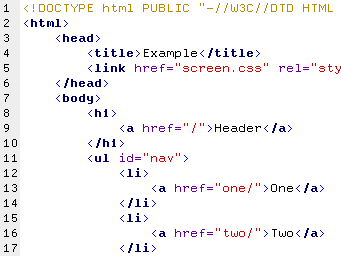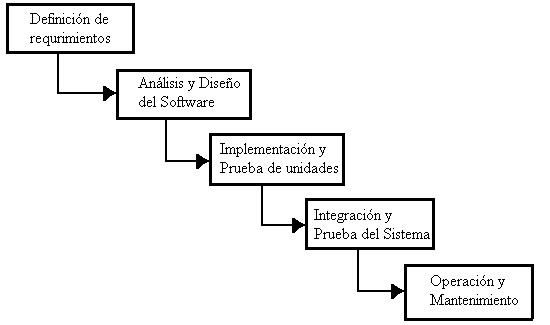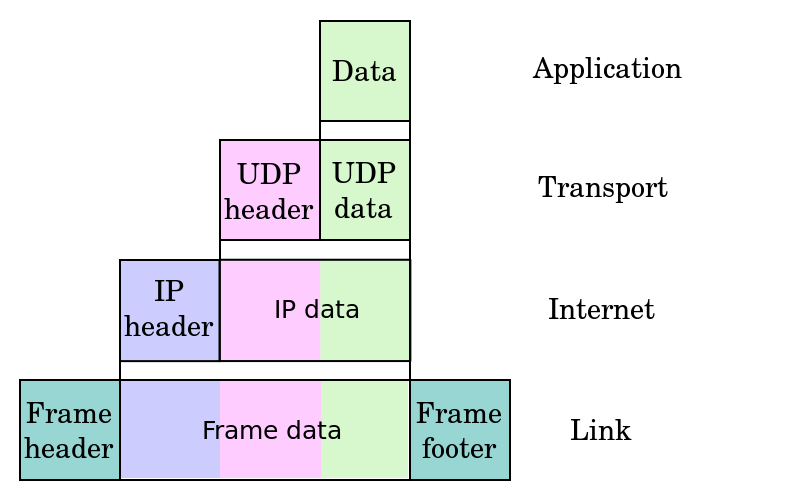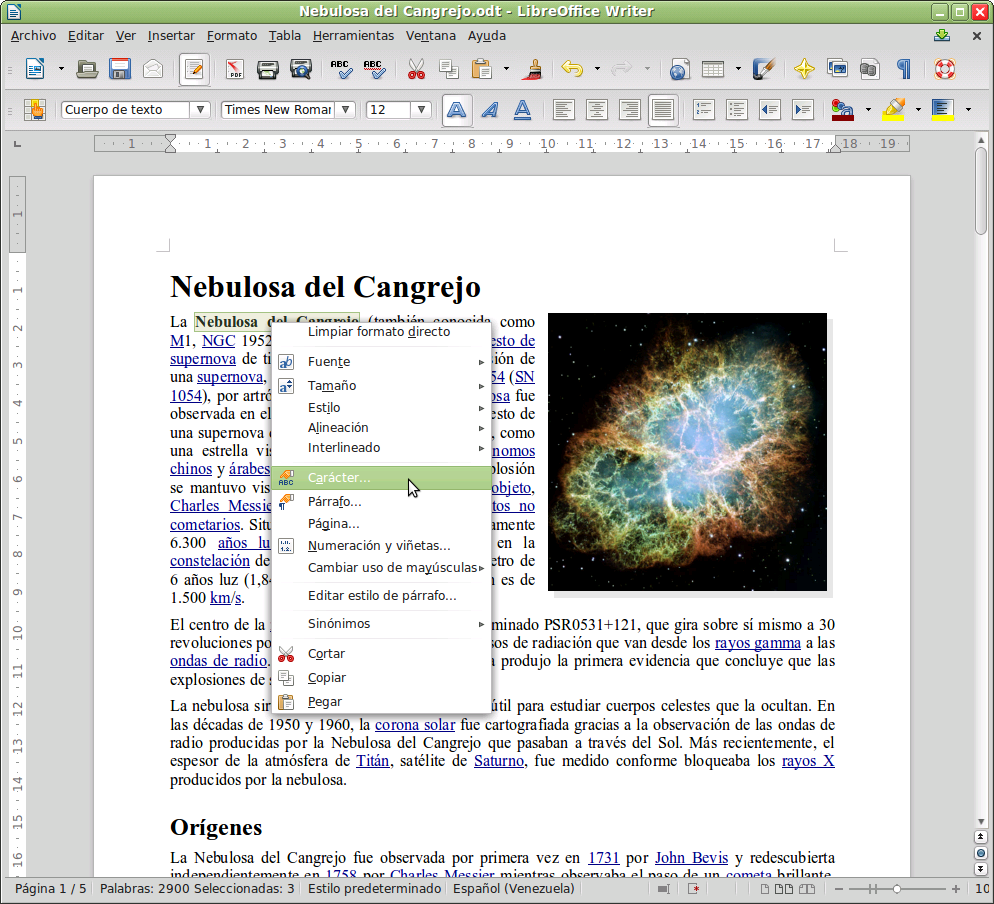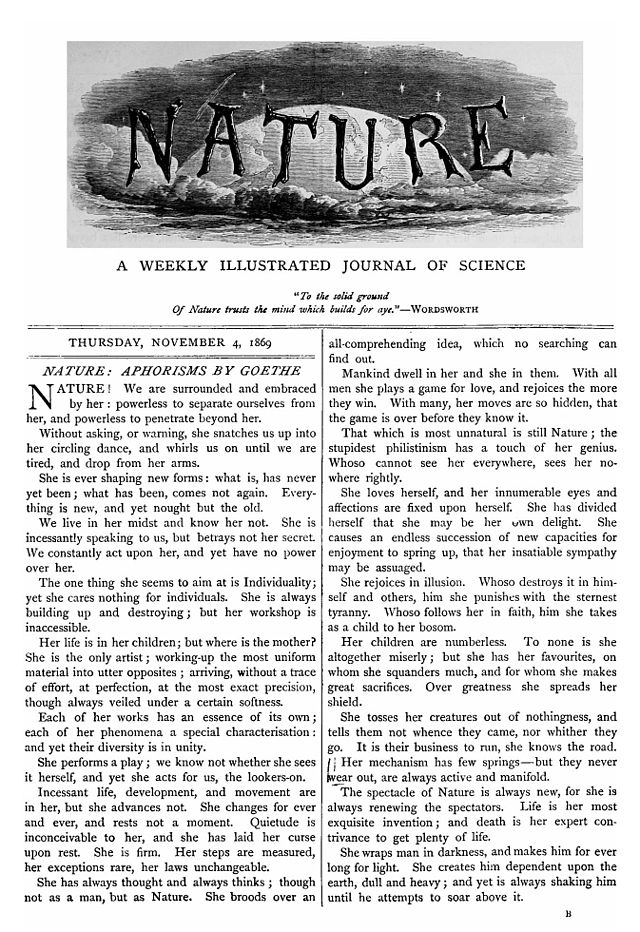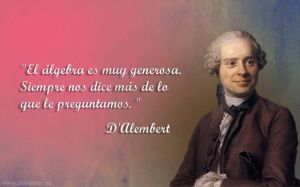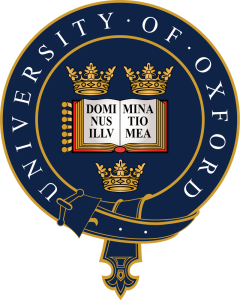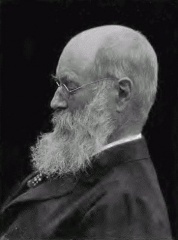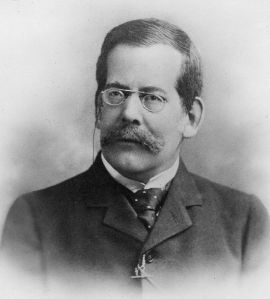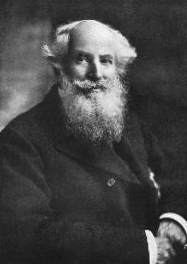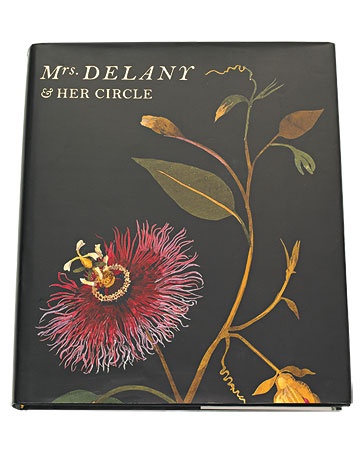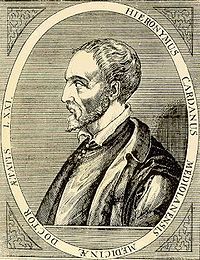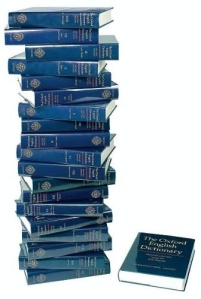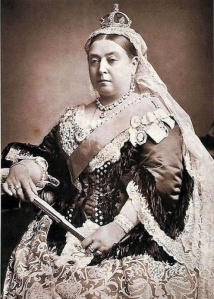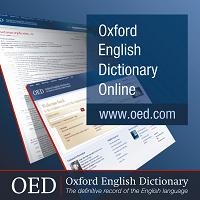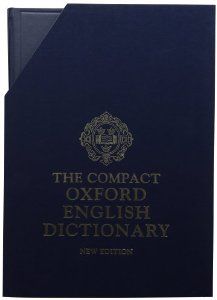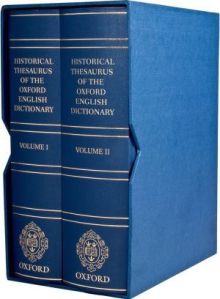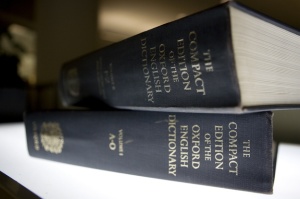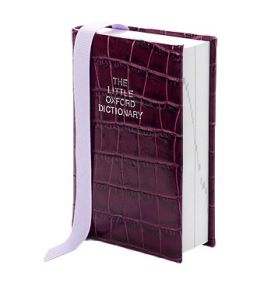Español – Inglés
PALABRA Ó FRASE Nº 1761
DOMINIO nombre
1 (control,poder) CONTROL,RULE:ejerce un fuerte dominio sobre su familia,
he exerts strict control over his family.
Versiones digitales
El Oxford English Dictionary ha sido digitalizado y publicado en CD-ROM, y también ha sido publicado en Internet. Existen tres versiones:
- Versión 1 en 1992: era idéntica en contenido a la Segunda Edición impresa, y el disco compacto no estaba protegido contra copias.
- Versión 2 1999: tenía algunas modificaciones en el contenido, y actualizado el software con mejoras en el buscador, pero la protección contra copias hizo muy difícil de usar e inclusive hacia que el programa negara el uso al cuerpo de OUP en el medio de una demostración del producto.
- Versión 3 2002: tiene más palabras y mejoras en el software, aunque la protección contra copias sigue siendo tan imperdonable como en la versión anterior.
En marzo de 2000 el Oxford English Dictionary Online (OED Online) se puso a disposición de los suscriptores. La base de datos en línea contiene el OED2 completo, siendo además actualizada trimestralmente con las modificaciones que se incluirán en el OED3. Así, la edición en línea es la más actualizada disponible.
Dado que el precio de uso para individuos de esta edición, incluso tras la rebaja de 2004, es 195 libras esterlinas o 295 dólares estadounidenses cada año, la mayoría de los suscriptores son grandes organizaciones, como universidades, bibliotecas o empresas. Algunos de ellos no utilizan el portal Oxford English Dictionary Online, sino que han descargado legalmente la base de datos entera en sus propios servidores.
En 2004 se introdujo un método de pago algo más atractivo, al ofrecerse a los residentes en Norteamérica o Sudamérica pagar 29’95 dólares al mes para acceder a la página web. Esto permite a gente que no lo utiliza de forma regular ahorrar en comparación con el pago anual.
La Tercera Edición
Se prevé que la futura Third Edition (“Tercera Edición”), o OED3 sea una revisión casi completa de la obra. Cada palabra está siendo examinada para mejorar la precisión de las definiciones, derivaciones, pronunciaciones y citas históricas; esta tarea exige el esfuerzo de más de 300 expertos, investigadores, lectores y consultores, con un coste previsto de unos 55 millones de dólares estadounidenses. Se prevé que el resultado final duplique la longitud actual del texto. El estilo del diccionario también cambiará ligeramente. El texto original era más literario, ya que la mayor parte de las citas procedían de novelas, obras de teatro, y otras fuentes literarias. La nueva edición, sin embargo, citará toda clase de recursos impresos, como libros de cocina, manuales técnicos, publicaciones especializadas, o letras de música rock. El ritmo al que se incorporan nuevas palabras se ha incrementado a unas 4000 al año. La fecha prevista para completar la obra es el año 2037.1 2
El nuevo contenido puede ser consultado a través de la edición en línea o a través de la versión actualizada en CD-ROM.
En 1993 el editor jefe es John Simpson. Dado que la primera obra de cada editor tiende a requerir más revisión que su trabajo posterior, y que en ediciones anteriores se empezó por la letra A, se ha decidido compensar esto empezando por la letra M. Cuando la versión en línea fue lanzada en marzo de 2000, incluía ya el primer lote de entradas revisadas (oficialmente borradores), desde “M” hasta “mahurat”, siendo las siguientes entregas del texto publicadas trimestralmente. En diciembre de 2008 se publicó la sección que llegaba hasta “reamy”. A medida que se hace nuevo trabajo con palabras de otras partes del abecedario, se va incluyendo en las entregas trimestrales. En marzo de 2008 los editores anunciaron que alternarían trimestres entre lotes que avanzaran en el abecedario y lotes que revisaran “palabras inglesas clave a lo largo del abecedario, así como otras palabras que compongan el bloque alfabético que las rodea”.
La producción de la nueva edición está totalmente informatizada, especialmente desde junio de 2005, cuando se inauguró la “Perfect All-Singing All-Dancing Editorial and Notation Application” (que se podría traducir como “Perfecta aplicación editorial y notacional cantante y bailante”) o “Pasadena”. Con este sistema, basado en XML, la atención de los lexicógrafos puede dirigirse más a cuestiones de contenido que a cuestiones de presentación, como la numeración de las definiciones. El nuevo sistema también ha simplificado el uso de la base de datos de citas, y permitido al personal de Nueva York trabajar directamente en el diccionario de la misma forma que sus compañeros de Oxford.3
También se utilizan ordenadores para hacer búsquedas en Internet buscando evidencias de uso actual, así como recibir envíos de citas por correo electrónico de lectores y el público en general.
Wordhunt fue un llamamiento en 2005 al público en general para que ayudara enviando citas para 50 palabras recientes seleccionadas. Los resultados se expusieron en una serie de televisión de la BBC, Balderdash and Piffle. Los lectores del OED siguen enviando citas; se reciben unas 200.000 al año.
Ortografía
El OED lista las palabras primero por su ortografía británica (por ejemplo, “labour” y “centre”), continuando con sus variantes (“labor”, “center”). La política de la OUP dicta que se utilicen los sufijos “-ize” en vez de “-ise” para muchas palabras más comúnmente terminadas en “-ise”, incluso si la raíz es latina en vez de griega. La razón para esta política (contrariamente a la creencia popular de que “-ize” es un americanismo) se explica en esta página (en inglés).
La frase inglesa “The group analysed labour statistics published by the organization” es un ejemplo de normativa del OUP. Esta ortografía (que se según el registro de la IANA se denota como en-GB-oed) es la utilizada por las Naciones Unidas, la Organización Mundial del Comercio (OMC) , la Organización Internacional para la Estandarización (ISO) y otras organizaciones, así como por muchas publicaciones académicas, como las revistas Nature o Biochemical Journal y el Times Literary Supplement.
===================================EN INGLÉS=================================
Digital versions
The Oxford Dictionary Inglés has been digitized and published on CD-ROM , and has also been published in Internet . There are three versions:
- Version 1 in 1992 was identical in content to the printed Second Edition, and the CD was not copy protected.
- Version 2 1999 had some changes in the content and update the software with improvements in the search, but the copy protection made it very difficult to use and even the program refuses to use the body of OUP in the middle of a show Product.
- Version 3 2002 has more words and software improvements, but the copy protection is as unforgivable as in the previous version.
In March 2000, the Oxford Inglés Dictionary Online (OED Online) became available to subscribers. The online database contains the entire OED2 also be updated quarterly with the amendments included in the OED3. Thus, the online edition is the most current available.
Since the price of use for individuals with this issue, even after the downgrade, 2004, is 195 pounds or 295 U.S. dollars each year, most subscribers are large organizations such as universities, libraries and businesses. Some of them do not use the Oxford Dictionary Online Inglés website but have legally downloaded the database learns in their own servers .
In 2004, a little more attractive, to be offered to residents of North or South America to pay $ 29.95! Month to access the website payment method was introduced. This allows people who do not regularly use save compared to the annual payment.
The Third Edition
It is anticipated that future Third Edition (“Third Edition”), or OED3 is an almost complete review of the work. Each word is being examined to improve the accuracy of the definitions, derivations, pronunciations, and historical quotations; this requires the efforts of more than 300 experts, researchers, readers and consultants, with a projected cost of approximately $ 55 million. It is anticipated that the final result double the current length of the text. The style of the dictionary will also change slightly. The original text was more literary, since most of the citations were from novels, plays, and other literary sources. The new edition, however, cite any printed resources, such as cookbooks, technical manuals, journals, or letters of rock music. The rate at which new words are incorporated has increased to about 4000 a year. The planned date for the work is complete in 2037.
New content can be accessed through the online edition of the updated or via CD-ROM version.
In 1993 the chief editor is John Simpson . Since the first work by each editor tends to require more revision than his later work, and in previous years began with the letter A, has decided to make this beginning with the letter M. When the online version was launched in March 2000 and included the first batch of revised entries (officially drafts) from “M” to “mahurat”, with the following text published quarterly deliveries. Section that reached “reamy” was published in December 2008. As new work with words from other parts of the alphabet is made, including going in quarterly installments. In March 2008, the editors announced that they would alternate quarters between batches them forward in the alphabet and lots revise “English keywords along the alphabet, and other words that make up the block that surrounds them alphabetically.”
Production of the new edition is fully computerized, especially since June 2005, when it opened the “Perfect All-Singing All-Dancing Editorial and Notation Application “(which roughly translates as” Perfect publishing application and notational singer Bailante “) or “Pasadena”. With this system, based on XML , the attention of lexicographers can be directed more to matters of content that presentation matters, as the numbering of definitions. The new system has also simplified the use of the database of citations, and enabled staff to New York to work directly in the dictionary in the same way that his fellow Oxford.
Computers are also used to search the Internet for evidence of current use, and receive shipments dating email readers and the general public.
Wordhunt was called in 2005 to the general public to assist by sending quotes for 50 selected recent words. The results are presented in a series of BBC television, Balderdash and Piffle . Readers are still sending the OED quotes; received 200,000 a year.
Spelling
The OED lists the first words his British spelling (eg, “labor” and “center”), continuing its variants (“work”, “center”). OUP policy dictates that the suffix “-ize” is used instead of “-ise” for many most commonly words ending in “-ise” even if the root is Latin rather than Greek. The reason for this policy (contrary to popular belief that “-ize” is an Americanism) explained in this page (in English).
The English phrase “The group Analysed labor statistics published by the organization” is an example of OUP regulations. This spelling (which as recorded by the IANA en-GB-oed is denoted as) is used by the United Nations , the World Trade Organization (WTO), the International Organization for Standardization (ISO) and other organizations, as well as many academic publications, such as journals Nature or Biochemical Journal and the Times Literary Supplement .

